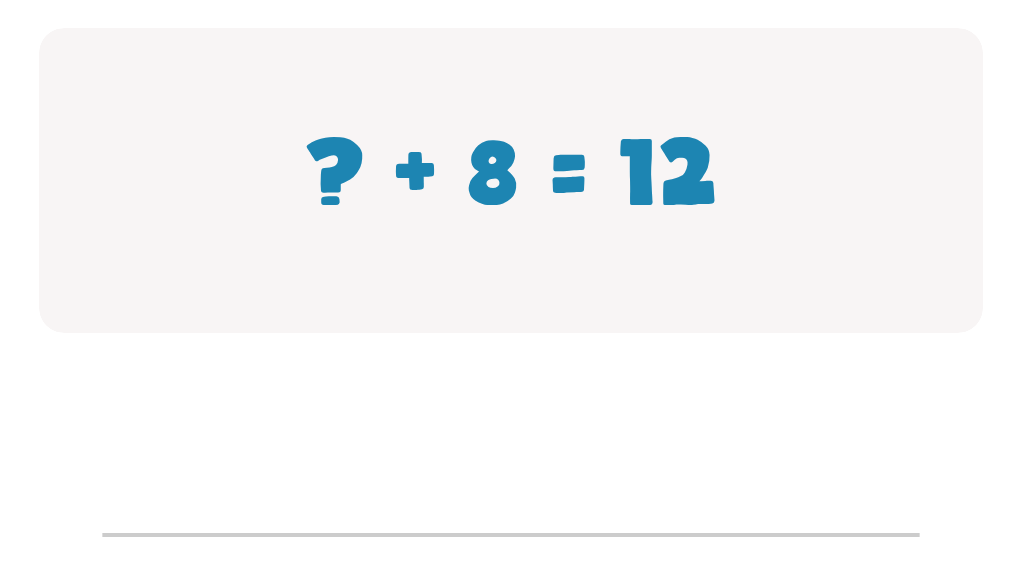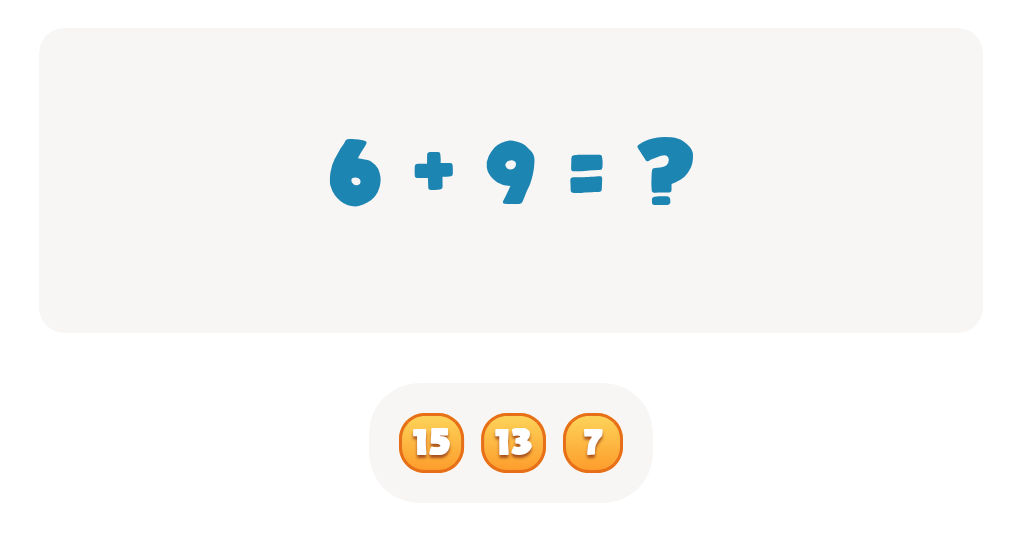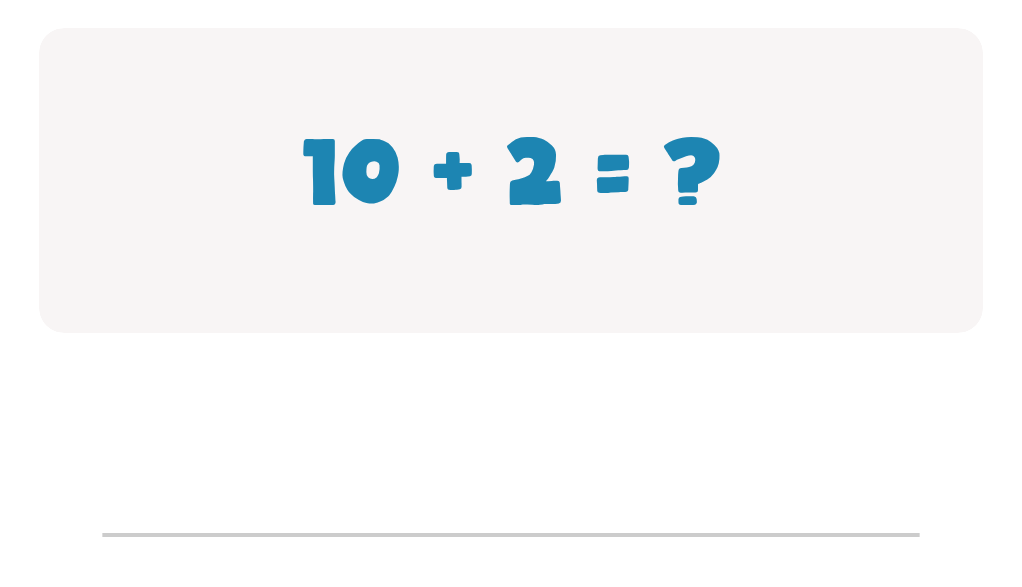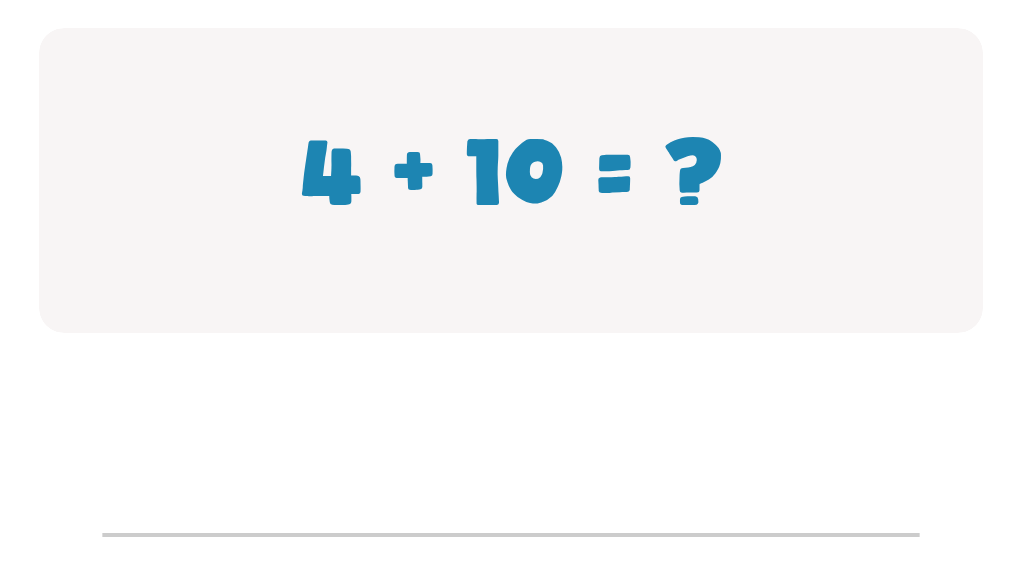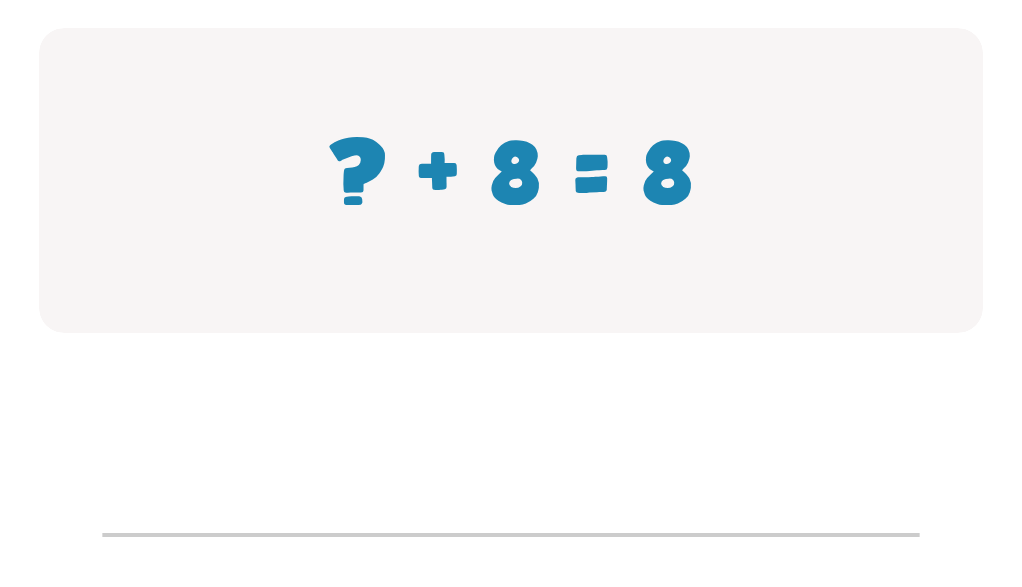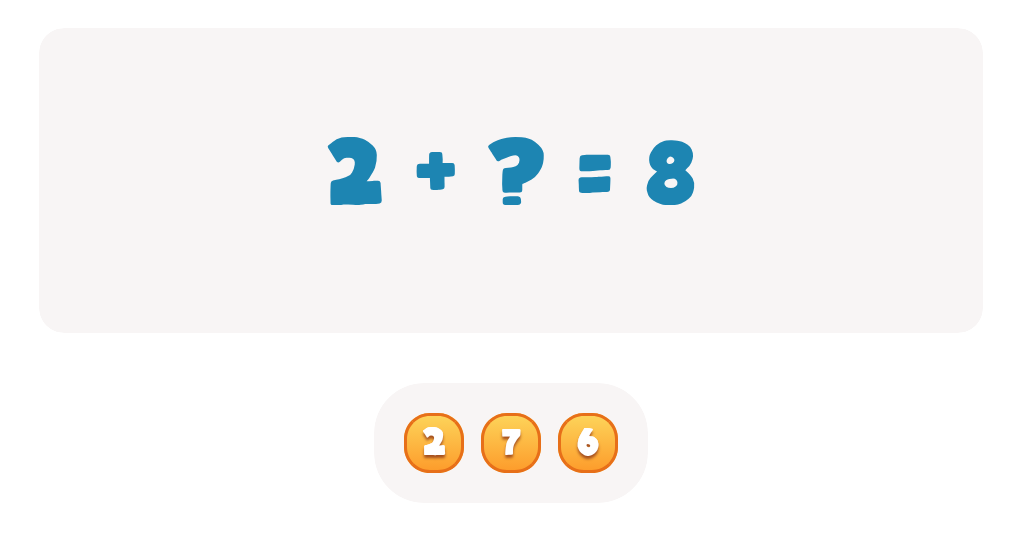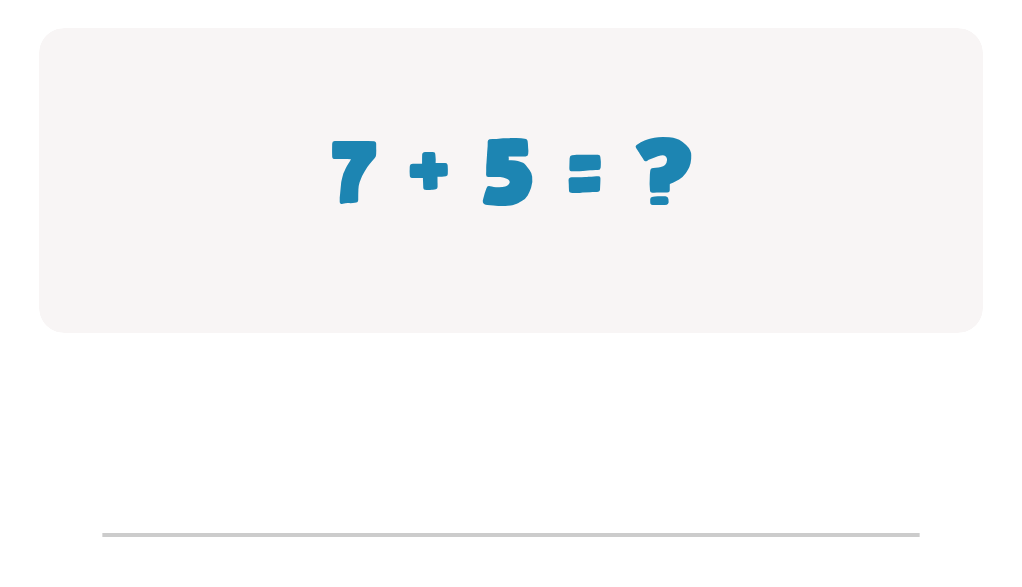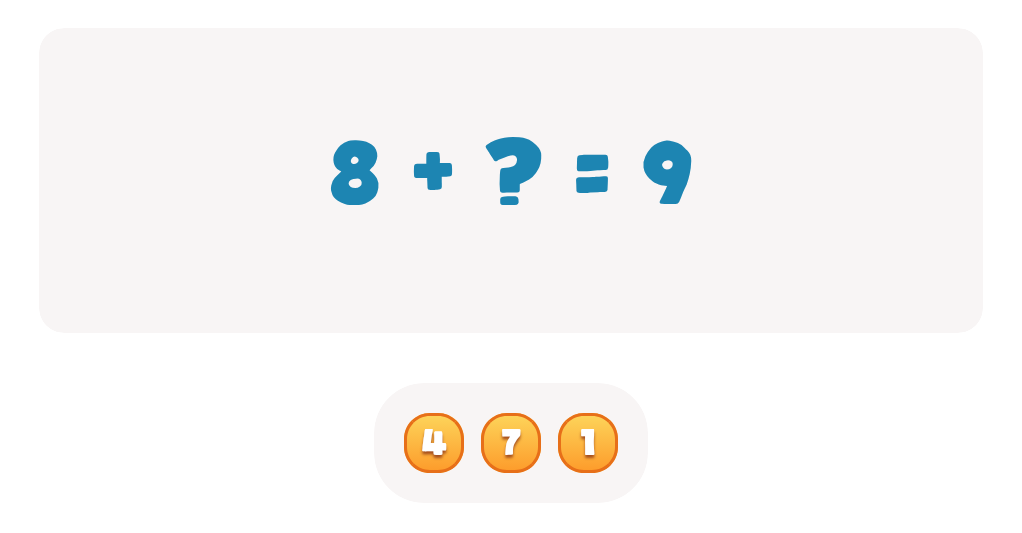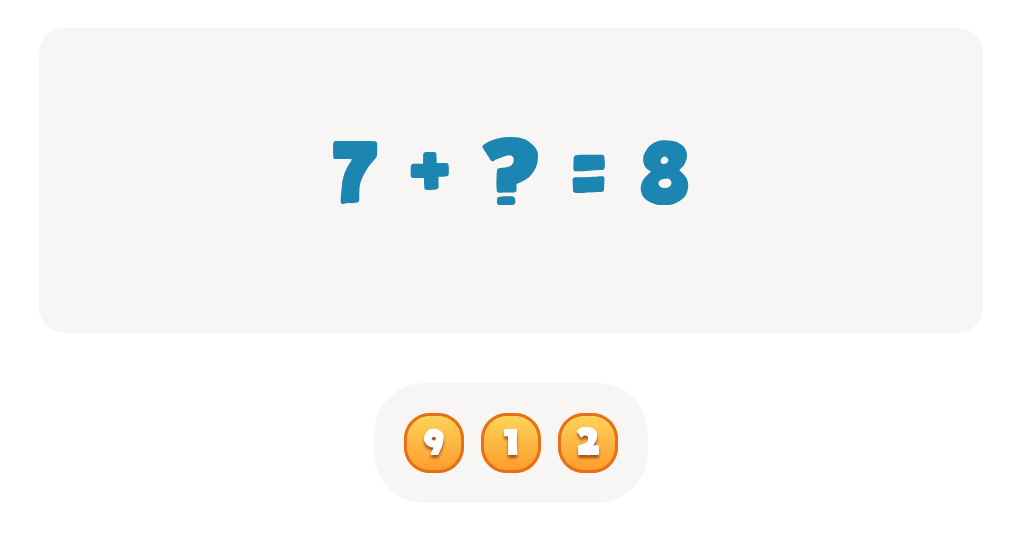Number Recognition Normal Addition Facts Worksheets for Ages 6-8
6 filtered results
-
From - To
Unlock your child's math potential with our Number Recognition Normal Addition Facts Worksheets designed for ages 6-8! These engaging resources help young learners master the fundamentals of addition while enhancing their number recognition skills. Each worksheet combines colorful visuals with fun and interactive exercises, making learning both enjoyable and effective. Ideal for classroom use or supplementary home practice, our worksheets ensure a solid understanding of basic addition facts crucial for future math success. Give your child the confidence to excel in math with our expertly crafted worksheets, available now at Kids Academy. Download and print today to start the learning journey!
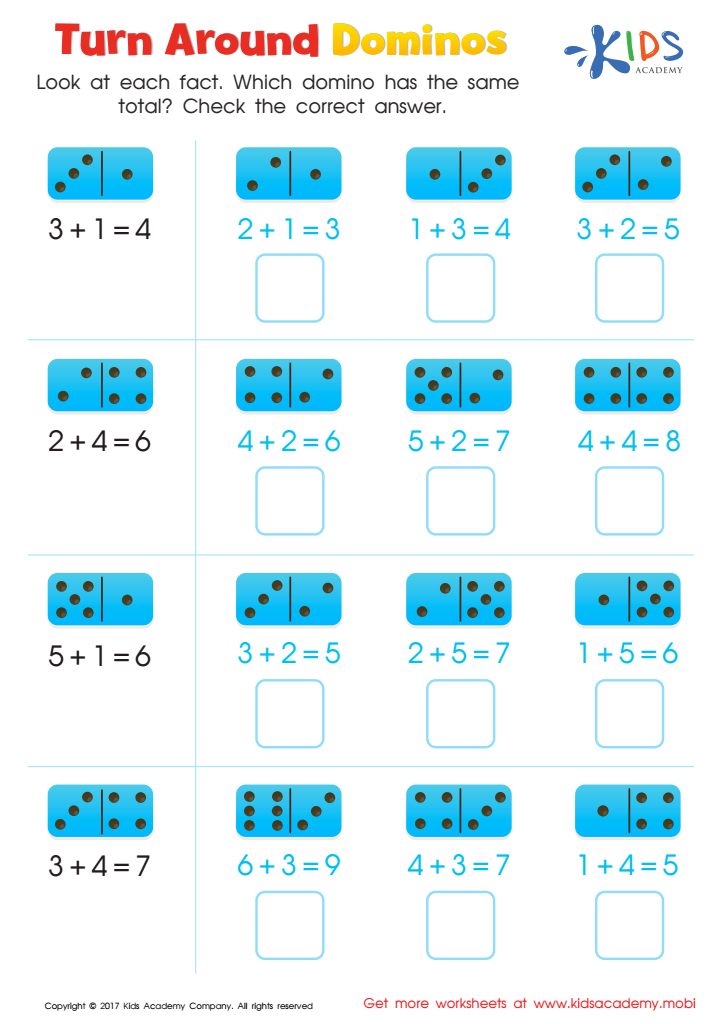

Turn Around Dominos Worksheet
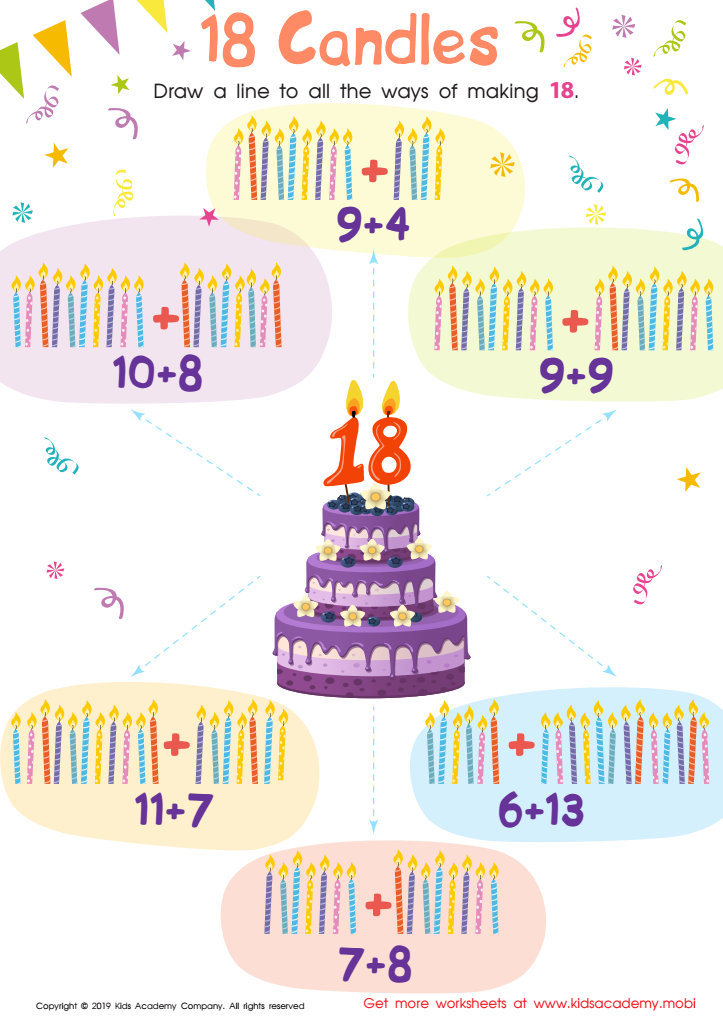

18 Candles Worksheet
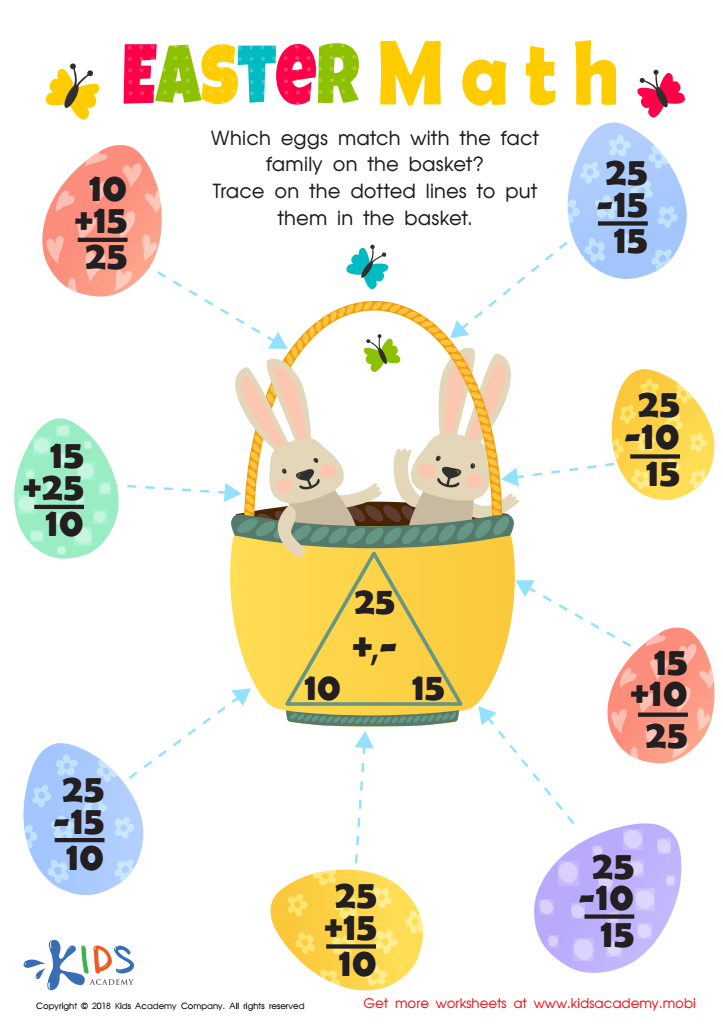

Fact Families: Easter Math Worksheet
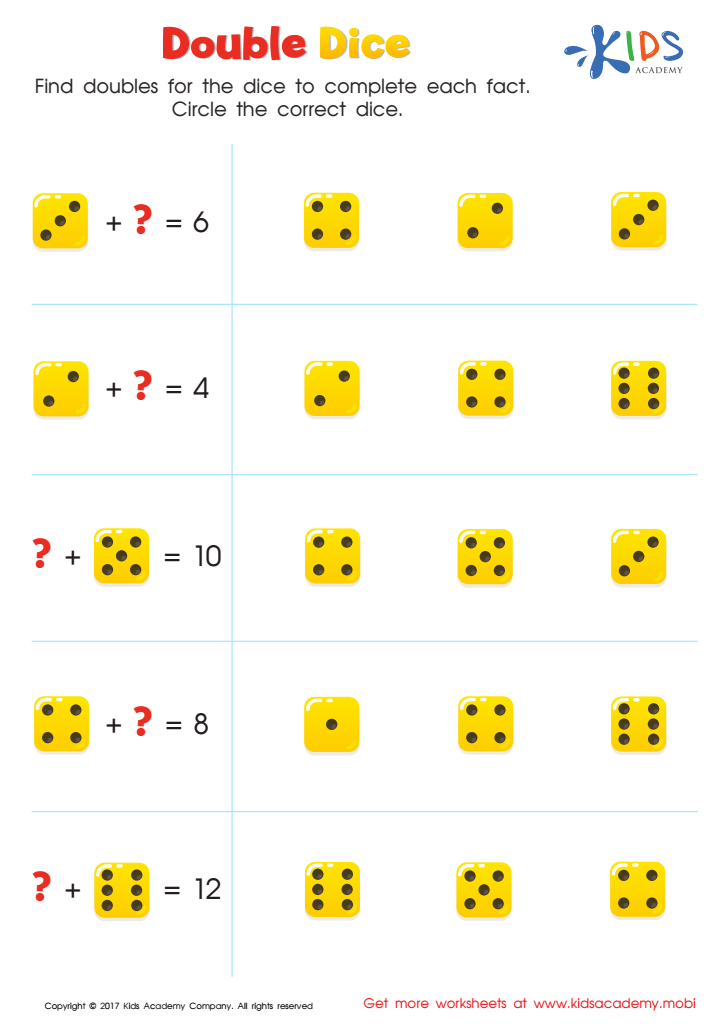

Addition Facts: Double Dice Worksheet
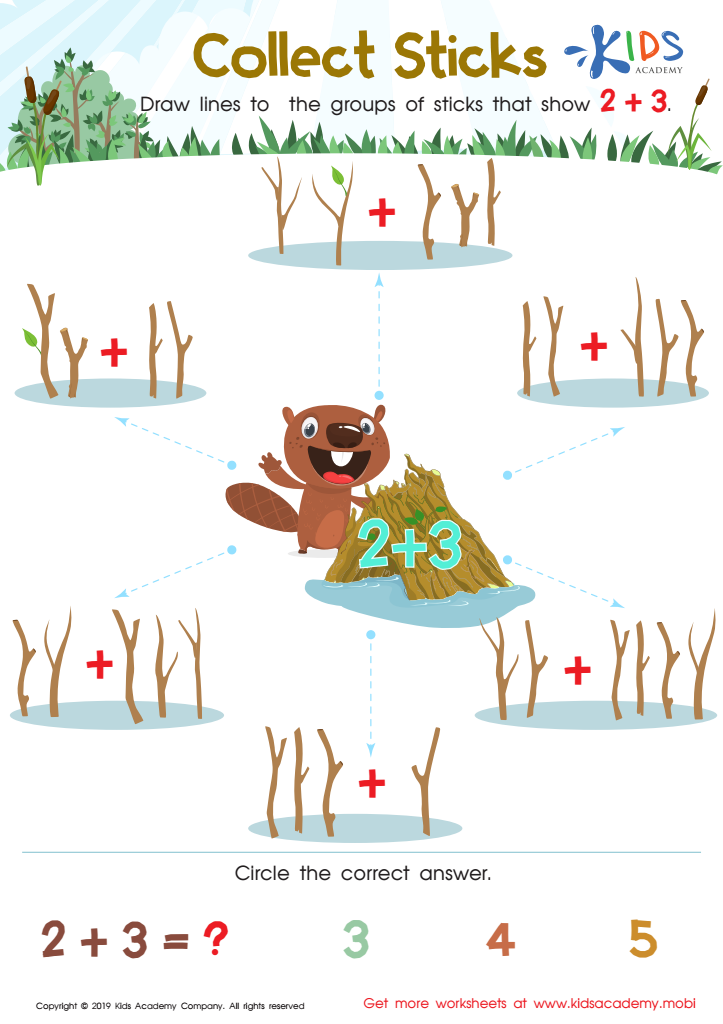

Collect Sticks Worksheet
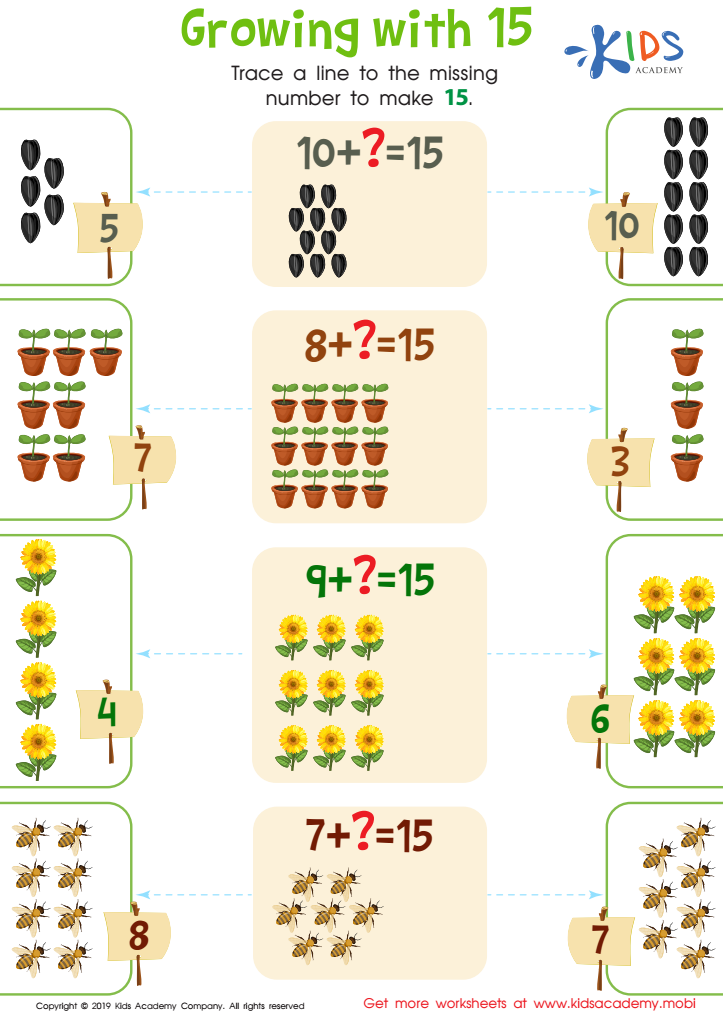

Growing with 15 Worksheet
Parents and teachers should prioritize the mastery of Number Recognition and Normal Addition Facts for children aged 6-8 because these skills serve as the foundational building blocks of their mathematical education and cognitive development. At this critical age, young learners transition from concrete to more abstract thinking. Number recognition allows children to identify and differentiate numbers, an essential skill for understanding higher mathematical concepts.
Similarly, knowing normal addition facts by heart equips children with the tools necessary to solve more complex arithmetic problems effortlessly. Rapid recall of these fundamentals means children can focus more on problem-solving strategies than on basic calculations. This automaticity frees cognitive resources, aiding their comprehension in multi-step problems and higher-order math skills such as subtraction, multiplication, and division.
Moreover, proficiency in these areas boosts a child's confidence and fosters a positive attitude towards mathematics, contributing to their overall academic success. Struggling in these basics can lead to frustration and potentially a long-term aversion to math. Engagement through interactive activities, games, and consistent practice nurtures curiosity and reinforces learning.
Essentially, early competence in Number Recognition and Normal Addition Facts ensures a smoother educational journey, underpinning future math achievements and daily life skills such as time-telling, measurement, and financial literacy.
 Assign to My Students
Assign to My Students
